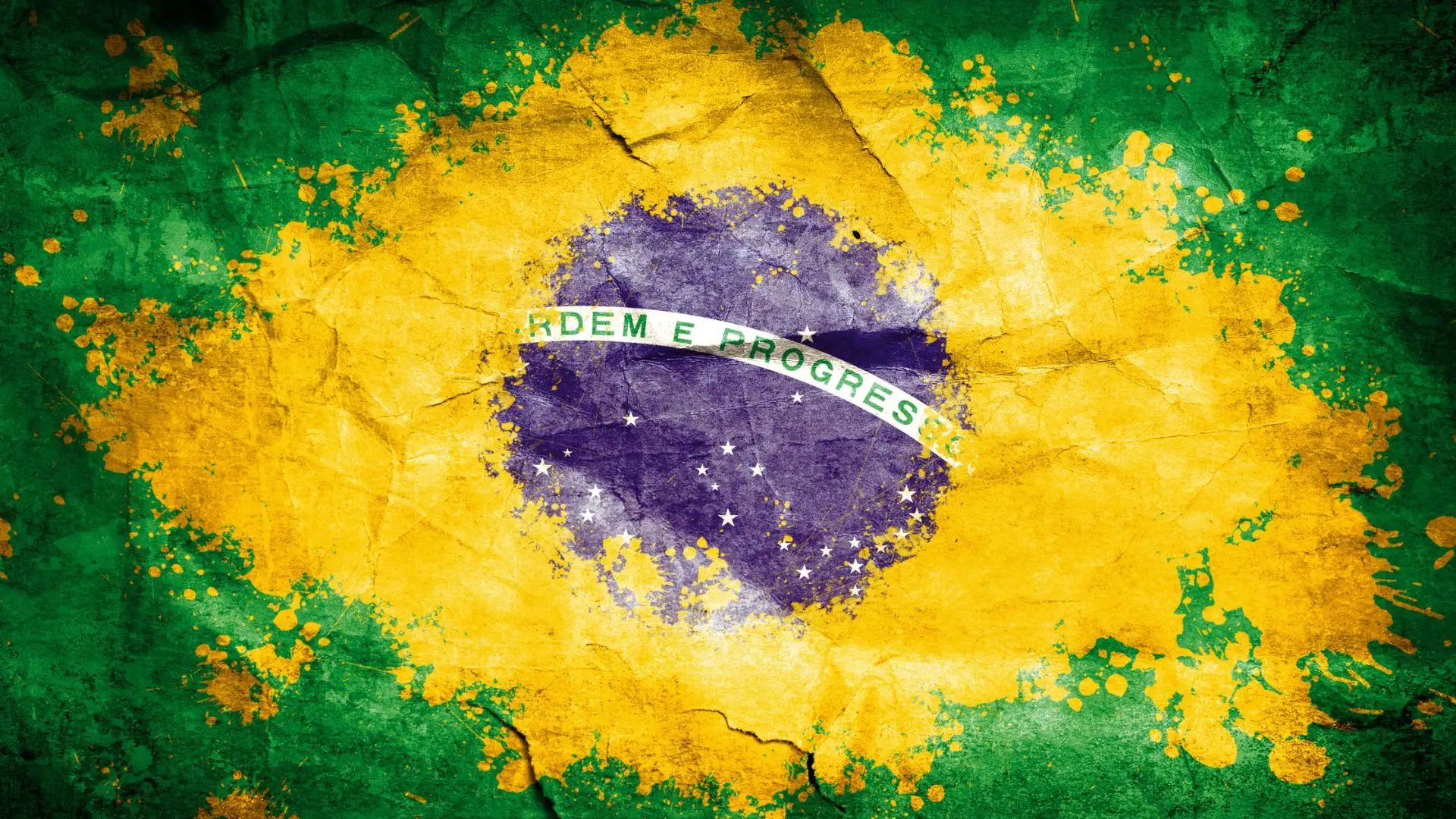Brazil’s presidential election campaign officially began on Tuesday with ex-president Luiz Inácio Lula da Silva leading incumbent Jair Bolsonaro in opinion polls. Observers call the campaign the most polarized in decades.
Bolsonaro, a nationalist populist backed by Christian conservatives, launched his campaign with a rally in Juiz de Fora, the small southeastern city where an attacker stabbed and nearly killed him during his 2018 campaign.
“This is where I was reborn… This is where the creator saved my life so I could give my best for our nation as president,” an emotional Bolsonaro told cheering supporters.
Trading Barbs
Bolsonaro spoke about Christianity and family values, acknowledging Brazil’s “serious problems”. He also warned that his opponent’s return would be a “step backwards” and usher in “communism” and “gender ideology.”
“Our country doesn’t want corruption anymore, it wants order and prosperity,” Bolsonaro said. His supporters interrupted his speech chanting “Lula thief.”
Lula— a two-time president of the country — who was jailed for corruption until his convictions were annulled, kicked off his campaign with a visit to a Volkswagen car factory outside São Paulo where he launched his political career as a union leader in the 1970s.
“I’m returning so we can take our country back,” he said in a fiery speech.
Lula called Bolsonaro a “bogus, genocidal president,” and condemned the “lies” he said the incumbent’s camp was spreading about him.
In a video posted on social media early on Tuesday, he also said hunger had returned to Brazil under Bolsonaro and inflation was hitting families who cannot survive on minimum wages.
Lula Leads Polls
In most opinion polls for the October 2 vote, Lula has a double-digit lead over Bolsonaro, and both frontrunners are well ahead of the other 10 candidates.
A Monday poll by IPEC showed that 44% of voters support Lula in the first round while 32% support Bolsonaro. In a runoff, Lula would be elected with 51% of the vote versus Bolsonaro’s 35%.
However, Bolsonaro has managed to narrow Lula’s lead in recent weeks by increasing social spending for poor Brazilians as well as urging state-controlled oil company Petrobras to cut fuel prices, a key driver of inflation.
Many Brazilians fear that should Bolsonaro lose, he could follow in the footsteps of former US President Donald Trump, and try to fight the outcome.
Bolsonaro has previously cast unfounded doubts about the nation’s electronic voting system. And last year, he declared before tens of thousands of supporters that only God can remove him from power.
The Main Candidates
Lula da Silva, a former union leader, was president two consecutive four year terms and left office with the highest rating of any Brazilian president. But his hand-picked successor Dilma Rousseff, an obstinate woman, was ousted by Congress, and Lula ended in jail on several corruption charges. However some of the charges were later thrown out by the Supreme Court and he can run again.
President Bolsonaro is an extreme nationalist populist supported by Christian conservatives, the agribusiness lobby and a divided industrial business community in Latin America’s largest economy. With a military background, eclectic in his reactions and statements, the president launched his campaign at Juiz de Fora, a small town where an attacker stabbed and nearly killed him during his 2018 campaign when he was first elected.
The Lula ticket is completed with Geraldo Alckmin, a former São Paulo governor and close associate of Fernando Henrique Cardoso, undisputed leader of center politics in Brazil and with whom Lula negotiated the electoral accord fearing a Bolsonaro victory if each run on their own. Cardoso and Lula have been for years rivals but joined forces to face the incumbent.
However despite his closeness with the military, several of which are members of Bolsonaro’s cabinet including his presidential ticket companion, General Walter Braga Netto, (former Defense minister), top ranking officers have anticipated they will abide strictly by the Constitution.
Another significant issue of the campaign is that the overall business community in Brazil is divided between those who want a greater opening of the economy, less industrial protection to improve competitiveness, and divesting government assets including the mighty Petrobras.
This position is supported by Bolsonaro and his orthodox economy minister Paulo Guedes. But Cardoso and Lula, with different emphasis as to timing, agree with current industrial protectionism, closed almost captive markets, fearing world conditions are not ready for the bold measures sponsored by incumbents.
But it will be up to some 156 million Brazilians registered voters to decide on who’s the next Brazilian president in a two round vote, October 2nd. and October 30 if no candidate manages 50% of votes cast plus one in the first ballot.
MP, Reuters

